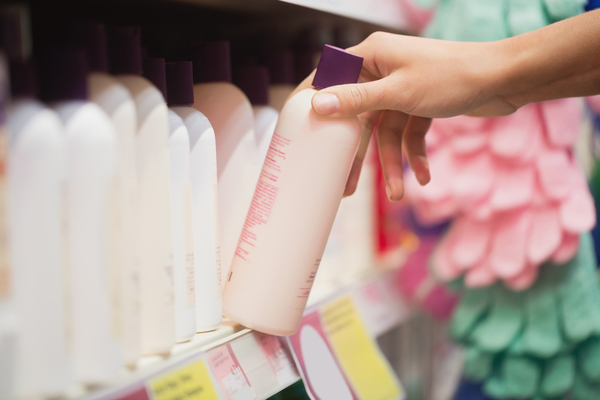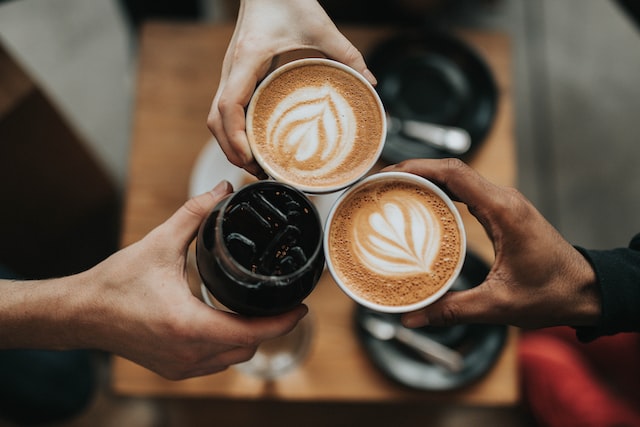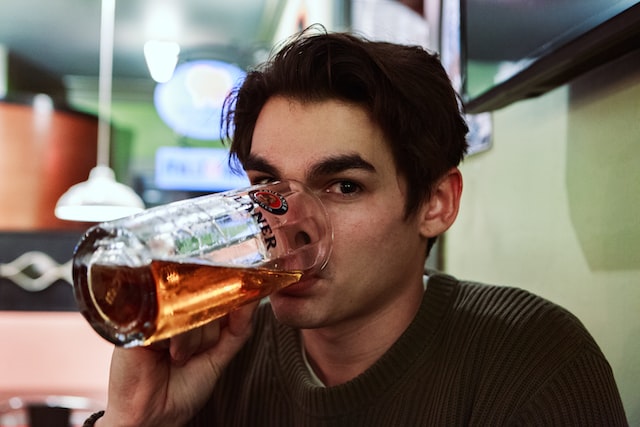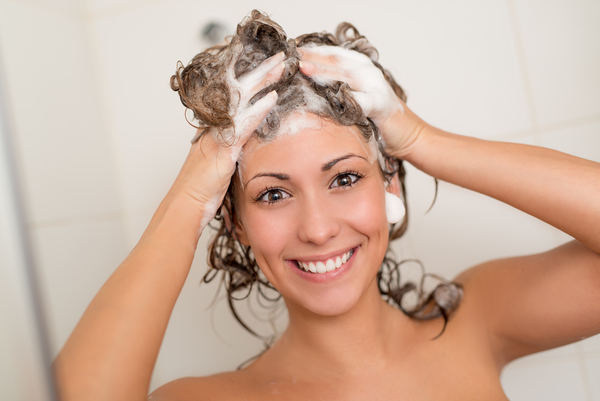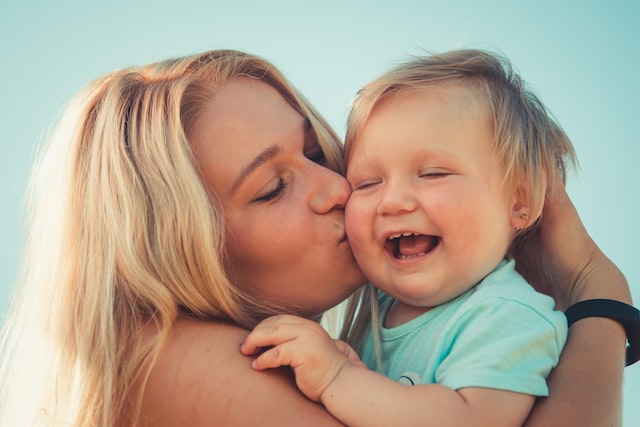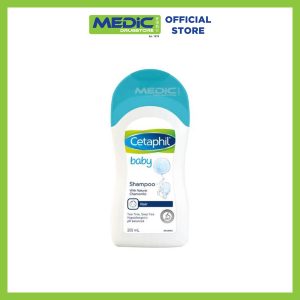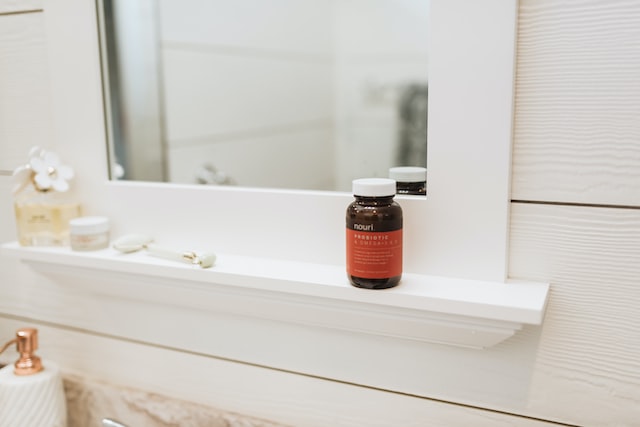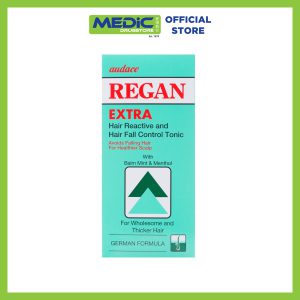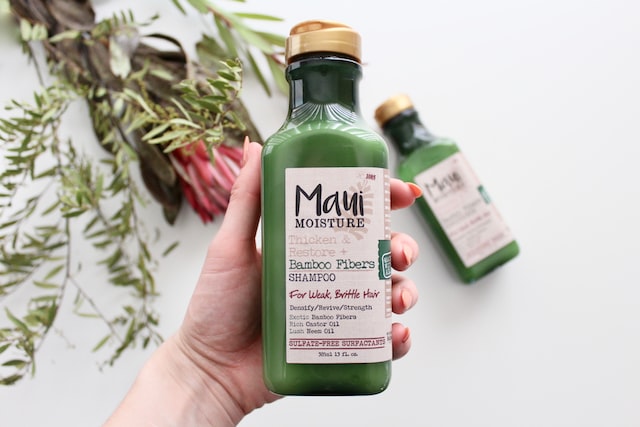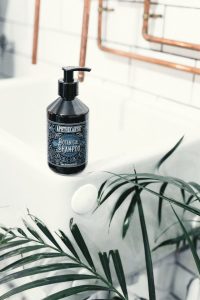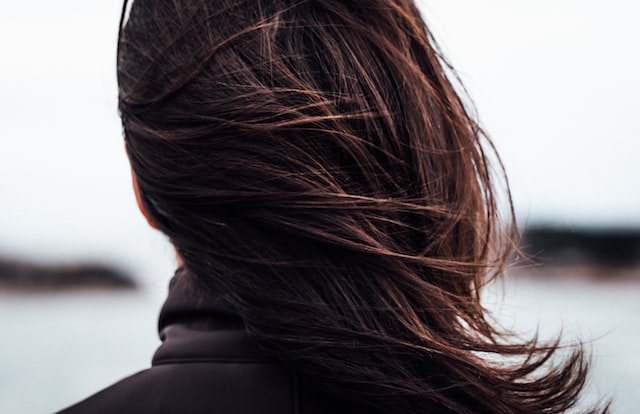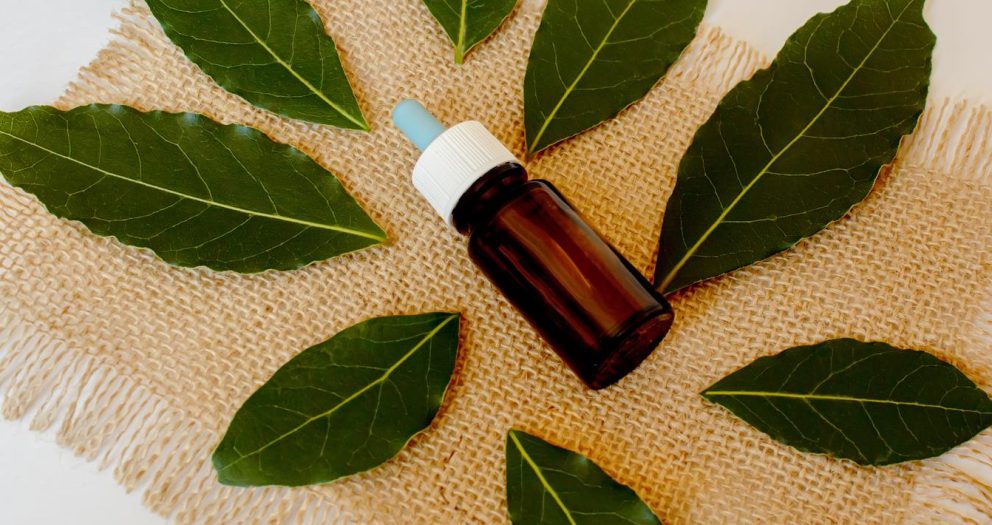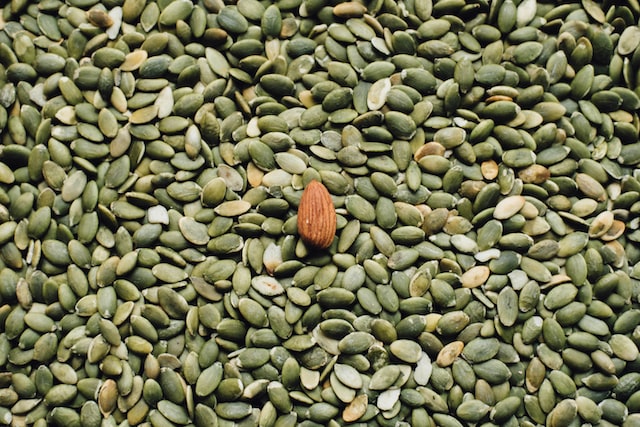Discover the Various Types of Shampoo in Singapore
Choosing the right shampoo can make all the difference in the health and appearance of your hair. With so many options available in the market, it can be overwhelming to find the right one for you.
Whether you are looking to add moisture, volume, or shine to your hair, or seeking relief from dandruff, dryness, or color fading, there is a shampoo out there that can meet your needs.
Singapore is home to a diverse range of shampoos, offering a range of benefits to suit different hair types and concerns. From moisturizing and volumizing, to clarifying and anti-dandruff, the options are endless.
In this article, we will explore the various types of shampoo available in Singapore and their benefits, helping you to make an informed decision about which one is best for you. So, whether you have curly, straight, fine, or thick hair, there is a shampoo out there that can help you to achieve your desired look and feel.
1. Moisturizing Shampoo
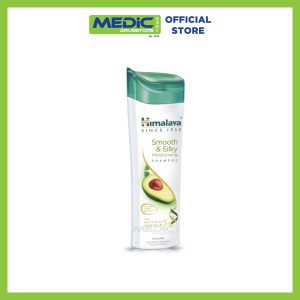
Moisturizing shampoo is a must-have for those with dry, damaged, or brittle hair. Its primary purpose is to add hydration to the hair, leaving it soft, smooth, and more manageable.
This type of shampoo is designed to penetrate the hair shaft and restore the natural oils that have been stripped away by environmental factors, heat styling, or chemical treatments. It also helps to prevent breakage and split ends, leaving the hair looking healthy and shiny.
Best for Dry and Damaged Hair
Moisturizing shampoo is best for those with hair that lacks natural oils and has been damaged by environmental factors, heat styling, or chemical treatments.
If you have dry, brittle hair that is prone to breakage and split ends, moisturizing shampoo can help to restore its natural moisture levels, leaving it looking and feeling healthy.
Examples of Popular Moisturizing Shampoos in Singapore
Some popular moisturizing shampoos available in Singapore include:
- Himalaya Smooth & Silky Avocado Moisturising Shampoo
- Dove Intensive Repair Shampoo
- Herbal Essences Hello Hydration Shampoo
- OGX Coconut Milk Shampoo
2. Volumizing Shampoo
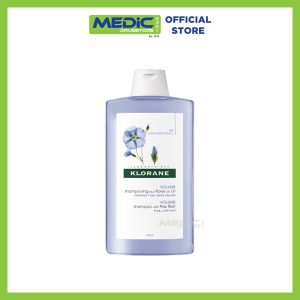
Volumizing shampoo is a must-have for those with fine or limp hair that lacks body and fullness. Its primary purpose is to add volume and thickness to the hair, giving it a fuller, more voluminous appearance.
This type of shampoo is designed to work by gently lifting and thickening each strand of hair, helping to create the illusion of thicker hair.
Best for Fine and Limp Hair
Volumizing shampoo is best for those with fine or limp hair that lacks body and fullness. If you have hair that falls flat and lacks volume, volumizing shampoo can help to add lift and fullness, giving it a more voluminous appearance.
Examples of Popular Volumizing Shampoos in Singapore
Some popular volumizing shampoos available in Singapore include:
- Klorane Volume Shampoo with Flax Fiber
- Dove Volume and Fullness Shampoo
- Herbal Essences Body Envy Volumizing Shampoo
- OGX Biotin & Collagen Shampoo
- L'Oreal Paris Elvive Volume Filler Shampoo
3. Clarifying Shampoo
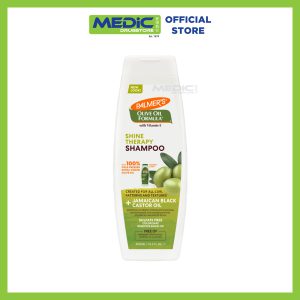
Clarifying shampoo is a must-have for those with hair that has been exposed to buildup from styling products, mineral deposits from hard water, or excess oil and grease.
Its primary purpose is to remove buildup and impurities from the hair, leaving it clean and refreshed. This type of shampoo is designed to work by stripping away buildup, leaving the hair looking and feeling cleaner and more refreshed.
Best for Buildup-prone
Hair Clarifying shampoo is best for those with hair that has been exposed to buildup from styling products, mineral deposits from hard water, or excess oil and grease.
If you have hair that is weighed down by buildup, clarifying shampoo can help to remove impurities and leave the hair looking and feeling clean and refreshed.
Examples of Popular Clarifying Shampoos in Singapore
Some popular clarifying shampoos available in Singapore include:
- Palmer's Olive Oil Formula Shine Therapy Shampoo
- Klorane Purifying Shampoo with Citrus Pulp
- Herbal Essences Blue Ginger & Mosa Mint Shampoo
- OGX Purifying + Charcoal Shampoo
- L'Oreal Paris Elvive Total Repair 5 Repairing Shampoo
4. Anti-Dandruff Shampoo
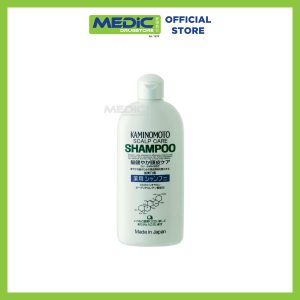
Anti-dandruff shampoo is a must-have for those with a dandruff problem. Its primary purpose is to eliminate dandruff, leaving the scalp and hair feeling clean and refreshed.
This type of shampoo is designed to work by addressing the root cause of dandruff, whether it be a fungal infection, dry skin, or an overproduction of oil.
Best for Dandruff-prone Hair
Anti-dandruff shampoo is best for those with a dandruff problem. If you have a persistent case of dandruff, anti-dandruff shampoo can help to eliminate the problem and leave the scalp and hair feeling clean and refreshed.
Examples of Popular Anti-Dandruff Shampoos in Singapore
Some popular anti-dandruff shampoos available in Singapore include:
- Sebamed Anti-Dandruff Shampoo
- Kaminomoto Scalp Care Shampoo
- Nizoral Anti-Dandruff Shampoo
- Selsun Blue Dandruff Shampoo
- Neutrogena T/Gel Therapeutic Shampoo
5. Color-Protecting Shampoo
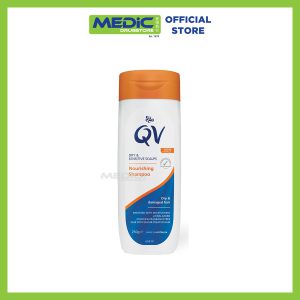
Color-protecting shampoo is a must-have for those with color-treated hair. Its primary purpose is to protect and preserve the color, leaving it looking vibrant and fresh for longer.
This type of shampoo is designed to work by guarding against fading, oxidation, and color-stripping agents, helping to keep your hair color looking fresh and vibrant.
Best for Color-Treated Hair
Color-protecting shampoo is best for those with color-treated hair. If you have hair that has been treated with dye, highlights, or other color-enhancing treatments, color-protecting shampoo can help to preserve the color, leaving it looking vibrant and fresh for longer.
Examples of Popular Color-Protecting Shampoos in Singapore
Some popular color-protecting shampoos available in Singapore include:
- QV Hair Nourishing Shampoo 250G
- Dove Color Care Shampoo
- Herbal Essences Color Me Happy Shampoo
- OGX Color Safe Shampoo
- L'Oreal Paris Elvive Color Vibrancy Protecting Shampoo
6. Gentle Shampoo
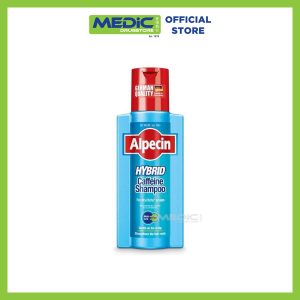
Gentle shampoo is a must-have for those with sensitive scalps or delicate hair. Its primary purpose is to cleanse the hair without causing irritation or damage.
This type of shampoo is designed to work by using mild, non-irritating ingredients, helping to soothe and calm the scalp while leaving the hair feeling clean and refreshed.
Best for Sensitive Scalps and Delicate Hair
Gentle shampoo is best for those with sensitive scalps or delicate hair. If you have a sensitive scalp that is prone to irritation, or hair that is easily damaged, gentle shampoo can help to cleanse the hair without causing irritation or damage.
Examples of Popular Gentle Shampoos in Singapore
Some popular gentle shampoos available in Singapore include:
- Alpecin Hybrid Caffeine Shampoo
- Dove Sensitive Scalp Shampoo
- Herbal Essences Bio:Renew Soothing Shampoo
- OGX Sensitive Scalp Shampoo
- L'Oreal Paris Elvive Gentle Shampoo
7. Strengthening Shampoo
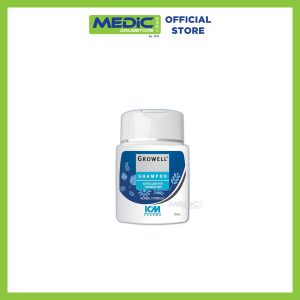
Strengthening shampoo is a must-have for those with weak, brittle, or damaged hair. Its primary purpose is to fortify and reinforce the hair, leaving it feeling strong and healthy.
This type of shampoo is designed to work by infusing the hair with nourishing ingredients and vitamins, helping to prevent breakage, split ends, and other forms of damage.
Best for Weak, Brittle, and Damaged Hair
Strengthening shampoo is the perfect solution for those who struggle with weak, brittle, or damaged hair. Say goodbye to breakage and split ends, and hello to a mane that feels strong and healthy.
This type of shampoo fortifies and reinforces each strand, making your hair resilient against damage and giving you the confidence to flaunt your tresses with pride
Examples of Popular Strengthening Shampoos in Singapore
Some popular strengthening shampoos available in Singapore include:
- ICM Pharma Growell Shampoo
- Dove Strength & Repair Shampoo
- Herbal Essences Repair & Protect Shampoo
- OGX Biotin & Collagen Shampoo
8. Nourishing Shampoo
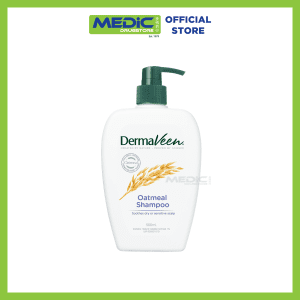
Benefits of Nourishing Shampoo Nourishing shampoo is ideal for those who want to keep their hair healthy and nourished.
Its primary purpose is to provide the hair with the nutrients and vitamins it needs to grow and thrive. This type of shampoo is designed to work by delivering a rich, nourishing formula to the hair, helping to replenish its natural oils and leaving it feeling soft, smooth, and healthy.
Best for Dry and Dull Hair
Nourishing shampoo is best for dry and dull hair as it provides the hair with the essential nutrients and vitamins it needs to maintain its health and vitality.
According to dermatologists and hair care experts, dry and dull hair is often a result of a lack of moisture and nutrients in the hair. Nourishing shampoos can help to address this issue by delivering a rich, nourishing formula to the hair, replenishing its natural oils and leaving it feeling soft, smooth, and hydrated.
Studies have also shown that nourishing shampoos can help to improve the overall health of the hair, reducing the risk of breakage and split ends.
A study published in the Journal of Clinical and Aesthetic Dermatology found that using a nourishing shampoo can help to strengthen the hair and improve its overall health, while also reducing the risk of damage and breakage.
Examples of Popular Nourishing Shampoos in Singapore
Some popular nourishing shampoos available in Singapore include:
- Dermaveen Oatmeal Shampoo
- Redken Extreme Strength Builder Plus Fortifying Shampoo
- Schwarzkopf Professional BC Bonacure Repair Rescue Shampoo
- Wella Professionals Nutri-Enrich Shampoo
- Matrix Biolage HydraSource Detangling Solution Shampoo
9. Sulfate-free Shampoo
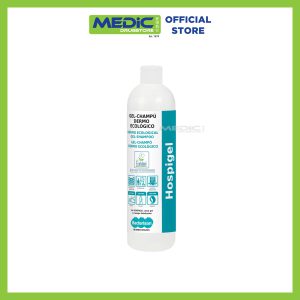
Sulfate-free Shampoo Sulfate-free shampoo is a type of shampoo that is free from sulfates, which are harsh cleansing agents commonly found in traditional shampoos.
Sulfate-free shampoos are designed to clean the hair gently, without stripping it of its natural oils and causing dryness and damage. They are an excellent choice for those who have sensitive scalps, color-treated hair, or hair that is prone to dryness and breakage.
Gentle Cleansing
Sulfate-free shampoos are the gentle giants of the shampoo world. They cleanse your locks of dirt, oils and other impurities, but without robbing it of its natural oils.
This makes them perfect for those who want to keep their hair healthy, hydrated and protected. If you have color-treated hair, sulfate-free shampoos are a no-brainer.
Traditional shampoos contain sulfates that can strip hair of its natural oils and fade your color, leaving it dry and prone to breakage. But with sulfate-free shampoos, you can have your vibrant hair color and protect it too!
Examples of Popular Sulfate-free Shampoos in Singapore
Some popular sulfate-free shampoos available in Singapore include:
- Hospigel Dermo Ecological Gel Shampoo 750ml
- Bumble and Bumble Gentle Shampoo
- Aveda Damage Remedy Shampoo
- Pureology Hydrate Shampoo
- Living Proof Perfect Hair Day Shampoo
10. Organic/Natural Shampoo
Organic or natural shampoos are shampoos that are made with ingredients that are derived from natural sources, such as plants and minerals. They are free from harsh chemicals, such as sulfates, parabens, and artificial fragrances, which can be damaging to the hair and scalp.
Benefits
Organic and natural shampoos are an excellent choice for those who are looking for a more natural and gentle way to care for their hair.
They are gentle on the scalp and hair, leaving it feeling clean and refreshed. They also contain natural ingredients that are rich in vitamins and nutrients, which help to nourish and strengthen the hair, leaving it looking and feeling healthier.
Environmentally-Friendly
Organic and natural shampoos are also an environmentally-friendly choice, as they are made with ingredients that are biodegradable and have a lower impact on the environment. They are also cruelty-free, meaning that they have not been tested on animals.
Examples of Popular Organic/Natural Shampoos in Singapore
Some popular organic and natural shampoos available in Singapore include:
- Dr. Bronner's Magic Soaps
- Shea Moisture Jamaican Black Castor Oil Shampoo
- Burt's Bees More Moisture Raspberry & Brazil Nut Shampoo
- Lush Cosmetics NEW shampoo bars

